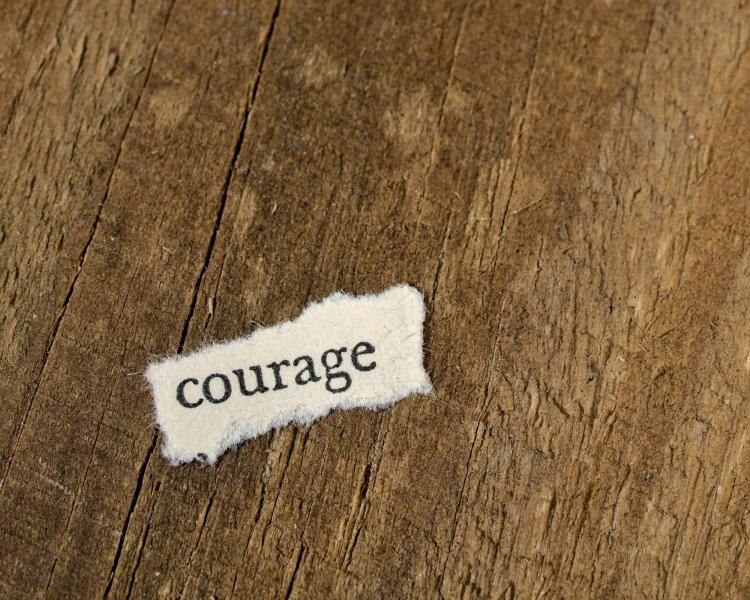Resources for Traumatic Events

- Students can receive free counseling and support from the Division of Student Affairs Counseling and Psychiatric Services (CAPS). Staff and faculty have access to similar free support through the Faculty & Staff Assistance Program (FSAP).
- The Center for Inclusion and Social Change (CISC) has resources for students across a span of identities and life stages.
- Students, if you are looking for a way to learn and have tools to make positive change in whatever context you find yourself in, learn more about the Peace, Conflict, and Security Program (PACS). The certificate program provides skills for handling conflict and gaining a better understanding of public policy related to peace, conflict, and security.
- The Renee Crown Wellness Institute has many programs and activities such as the Mindful Campus Program to promote wellness and be involved with making changes at CU and beyond.
- For all who have connections to children, the National Child Traumatic Stress Network (NCTSN) has a resource section for helping children process mass violence events. The Prevention Science Program at the Institute of Behavioral Science has research centers dedicated to studying and preventing violence and other trauma in young children.
- Staff and Faculty, be aware of how your colleagues may be showing up after a traumatic event. The Office of Victim’s Assistance (OVA) has a helpful resource to consider for supporting your group or team.
- Reach out to your elected officials.
With all that has been happening in our world and within our own country, remember to be kind, be well, and take care of yourself and others.

